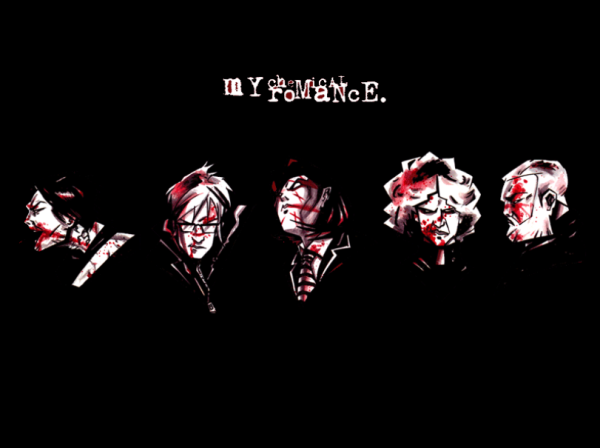Redskins name is an ‘offensive line’
If only the offensive line could protect RG3 as much as owner Daniel Snyder defends the Redskins name.
While the entire D.C.-Metropolitan Area community is not yet on board to change the name, Native American tribes across the country have expressed their displeasure with the name, most notably the Oneida Indian Nation, which recently met with NFL representatives to discuss the issue.
Redskins owner Daniel Snyder penned a letter to season ticket owners vehemently defending the name and vowing to never change it, “never” expressed in all caps. According to a Sentinel poll, 74 percent of 200 Seahawks polled also do not want to change the name.
Why is ‘Skins Nation acting so stubborn? For the sake of being stubborn. There is no question that the name Redskins has no mal-intent, but it is undeniably offensive.
According to Smithsonian historian Ives Goddard, the term “redskin” was coined by American settlers as a way to describe the skin color of Native Americans during the 18th and 19th centuries.
Think of it this way: replace “red” with any derogatory skin color, religion, or sexual orientation insult. That name immediately sounds offensive to people who are subject to these stereotypes. On whose authority can non-Native Americans say “redskin” is not insulting?
Even though the term honors the Redskins first coach, who himself was of Native American heritage, there is absolutely no harm in changing the name The excuse that tradition trumps over everything is irrelevant. Seventy-five years of “tradition” does not mean that perspectives cannot change.
Take the Washington Wizards, for example. In 1998, the Washington Bullets became the Wizards. Then owner Abe Pollin expressed discomfort with the Bullets nickname because of growing concern that the name glorified the city’s crime rate, which was the worst in the nation. A contest was held and the name was promptly changed.
Such a move is not out of the ordinary, even for teams that use Native American images. Since 1971, over two-thirds of professional and amateur athletic teams who bore Indian references on their logos or mascots have removed them, according to a recent article published in The New Yorker.
Snyder choosing to do the same would not be out of the ordinary. It would be a long time coming.
Unfortunately, it is all about the money, money, money. Snyder would only make such a move if there was the potential for massive financial gains.
Out of respect for these individuals, who are people, and, quite frankly, were here before us, it is necessary to change the name.
The legacy of the Redskins will never die. That is not what is being proposed, nor what should it be desired. But, with all eyes on D.C., Snyder can set a national example to encourage an honest discussion of what is inappropriate.
Snyder, it is fourth and two on the 40-yard line. Play it safe, punt the ball away, and change the name.











